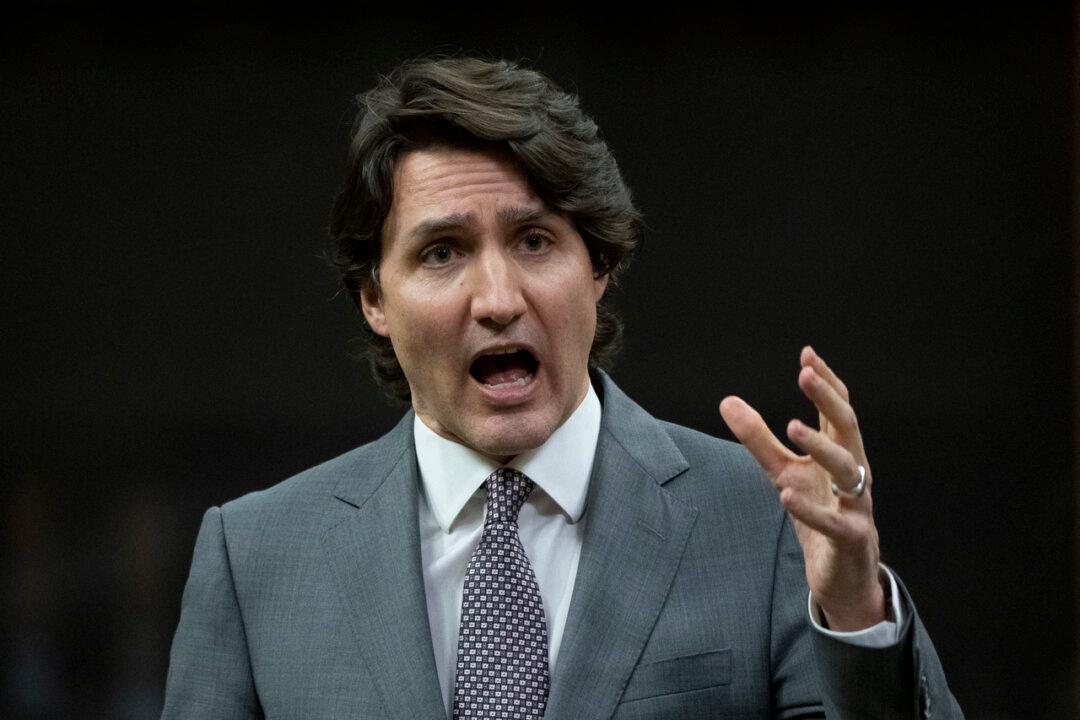Conservative Party MP and public safety critic Raquel Dancho sought answers Wednesday from the prime minister on Canada’s state of readiness if Russia decides to retaliate.
Russian President Vladimir Putin said when announcing the military operation in Ukraine on Feb. 24 that “whoever would try to stop us and further create threats to our country, to our people, should know that Russia’s response will be immediate and lead you to such consequences that you have never faced in your history.”





